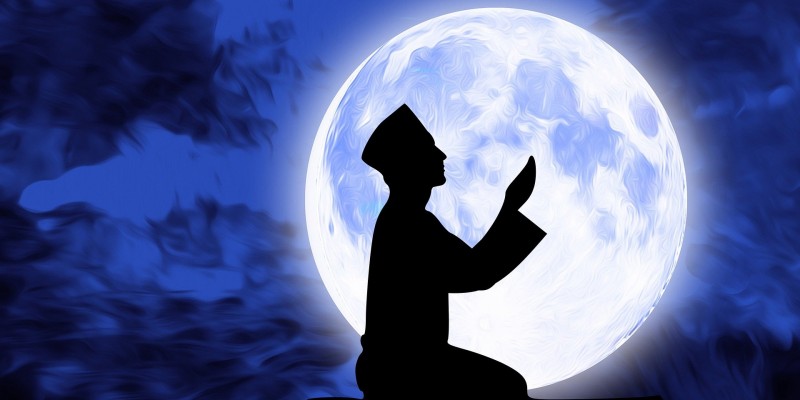
Salah is highlighted by the words of Messenger Muhammad (peace and blessings be upon him):
Any Muslim servant of Allah who each day prays twelve voluntary Rak`ahs for Exalted Allah, apart from the obligatory prayers, Allah will build for them a house in Paradise.
(Narrated by Muslim)
Supererogatory prayers are distributed into twelve Rak`ahs, some before and some after the obligatory prayers. They are as follows:
· Two Rak`ahs before Fajr (Dawn) Prayer.
· Four Rak`ahs before Zuhr (Noon) Prayer and two after it.
· Two after Maghrib (Sunset) Prayer.
· Two after `Isha' (Night) Prayer.
The performance of voluntary prayers is a sign of great virtue and brings a great reward. Two most important are:
1. Being a way of earning Allah’s Love
Messenger Muhammad (peace and blessings be upon him) said:
Verily, Allah (Exalted be He) says: “My servant approaches Me with nothing more beloved to Me than what I have made obligatory upon them, and My servant keeps drawing nearer to Me with voluntary works until I love them. And when I love them, I am their hearing with which they hear, their sight with which they see, their hand with which they seize, and their foot with which they walk (i.e., they act with the help and guidance of Allah and for His Sake). If they ask Me, I will surely give to them, and if they seek refuge in Me, I will surely protect them.”
(Narrated by Al-Bukhari)
2. Making up for any shortcomings in the obligatory five daily prayers
Messenger Muhammad (peace and blessings be upon him) said:
Verily, the first of their deeds for which the people will be brought to account on the Day of Resurrection will be Salah. Our Lord will say to His angels, although He knows best, “Look into My servant’s Salah; is it complete or lacking?” If it is complete, it will be recorded as complete. But if it is lacking, He (Allah) will say, “Look and see whether my servant offered any voluntary Salah.” If they have offered voluntary Salah, He (Allah) will say, “Complete the obligatory Salah of My servant from their voluntary Salah.” Then the rest of their deeds will be examined in a similar manner.
(Narrated by Abu Dawud)
